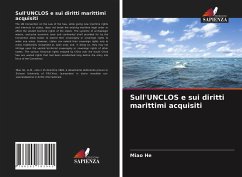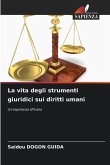The UN Convention on the Law of the Sea, while giving new maritime rights and interests to states, does not break the existing maritime legal order or affect the vested maritime rights of the states. The systems of archipelagic waters, exclusive economic zone and continental shelf provided for by the Convention allow states to extend their sovereignty or sovereign rights to wider sea areas. However, states can extend their sovereign rights only to areas traditionally recognized as open seas and, in doing so, they may not infringe upon the vested territorial sovereignty or sovereign rights of other states. The various historical rights enjoyed by China over the South China Sea are vested rights that had been established long before the entry into force of the Convention.
Bitte wählen Sie Ihr Anliegen aus.
Rechnungen
Retourenschein anfordern
Bestellstatus
Storno








